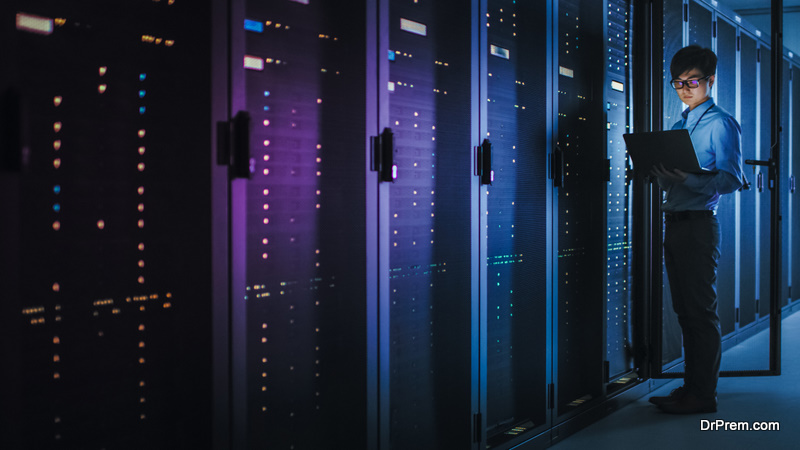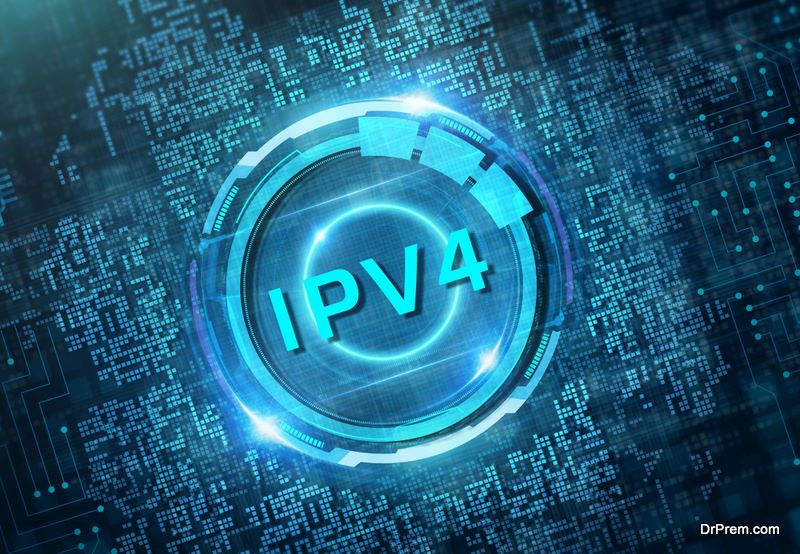Connecting to a residential IP hides your true identity or IP from the internet. Using IPv4 Datacenter proxies a red flag to many major platforms but will not necessarily get your accounts blocked. Of course certain websites restrict data centre proxies in general and in these cases residential IP connections are suitable alternatives.
Determine which type of connection you need for Your purpose of buying will determine the type of connection you require beit a provider or having to configure your own network to obtain IPs. Data centre proxies work efficiently for market research and brand protection, they are also superb for accumulating data in less expensive fashion and can do it at great speeds.
What Are Datacenter Proxies?
Datacenter proxies are a popular type of proxies used commonly in today’s society to help shield your IP address and mask your identity. Data centre proxies are independent of both your internet connection and your ISP and have nothing to do with either which is important to remember. They are strictly commercial proxies or IP addresses that are not owned by ISPs and are not assigned to any individual.
There are several advantages these proxies provide that have a lot of benefits. Not only can you hide your identity and scrape data, you can use the data centre proxies to cop sneakers without revealing your IP. The ability to avoid geo-blocked sites to stream TV and movies with data centre proxies is easy. They enable you to simply alter your geographical location to access any country-encrypted content.
WHAT ARE IPV4S AND IPV BROKERS?
 IPv4 is a network consisting of intertwined IP addresses and is the 4th edition of IP (Internet Protocol) acting as one of the standard bearers on which internetworking methods are based. It is a core protocol that incorporates other packet-switched networks and still routes a lot of internet traffic today having first been used in production in 1983 with the ARPANET.
IPv4 is a network consisting of intertwined IP addresses and is the 4th edition of IP (Internet Protocol) acting as one of the standard bearers on which internetworking methods are based. It is a core protocol that incorporates other packet-switched networks and still routes a lot of internet traffic today having first been used in production in 1983 with the ARPANET.
There is a secondary market of unused, previously allocated IPv4 numbers readily available for redistribution to IP network operators and companies that desire them. Not everyone is aware of the significant quantities involved and this why there is a necessity for brokers to involve themselves. IPv4 brokers handle the secondary market of IPv4 address transfer requests and free up excess inventory to sell to those who seek extra IPv4 numbers. By renumbering IPv4 blocks efficiently (which in itself demands investment) it creates serious financial incentives in the IPv4 broker market with lucrative sales commonplace these days.
Many web surfers are repeating the same error by naively thinking that IPv6 will solve all their problems because of the abundance of blocks and waves of new addresses featured. They choose to wait or migrate rather than invest and are potentially missing out on a lot of money because they have heard that IPv4 has or will eventually run dry on addresses. Ignoring or not exploring the benefits of the secondary IPv4 market is a mistake not everyone can afford to make.
Article Submitted By Community Writer




